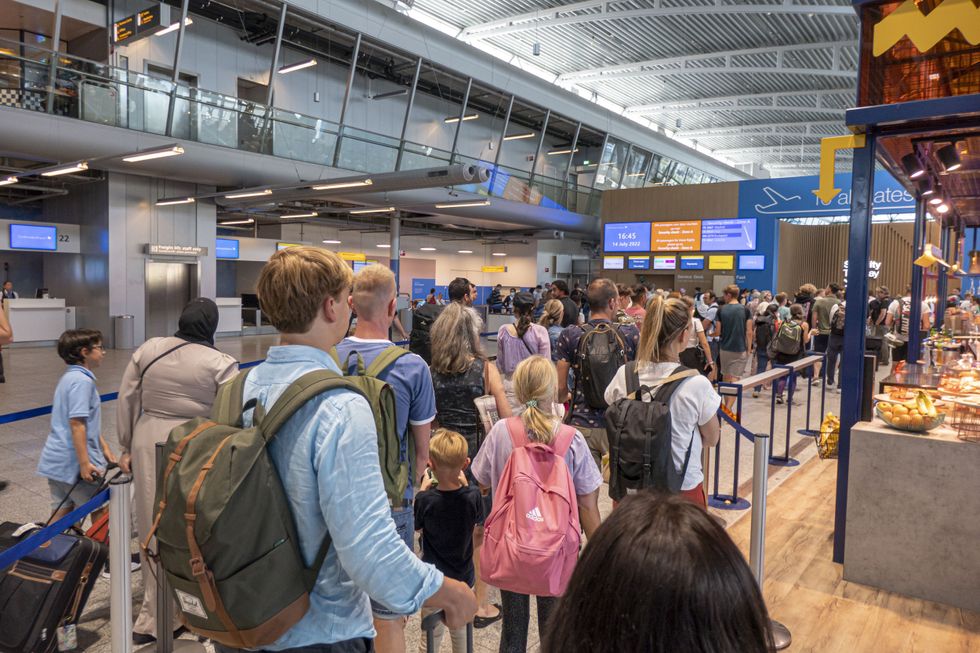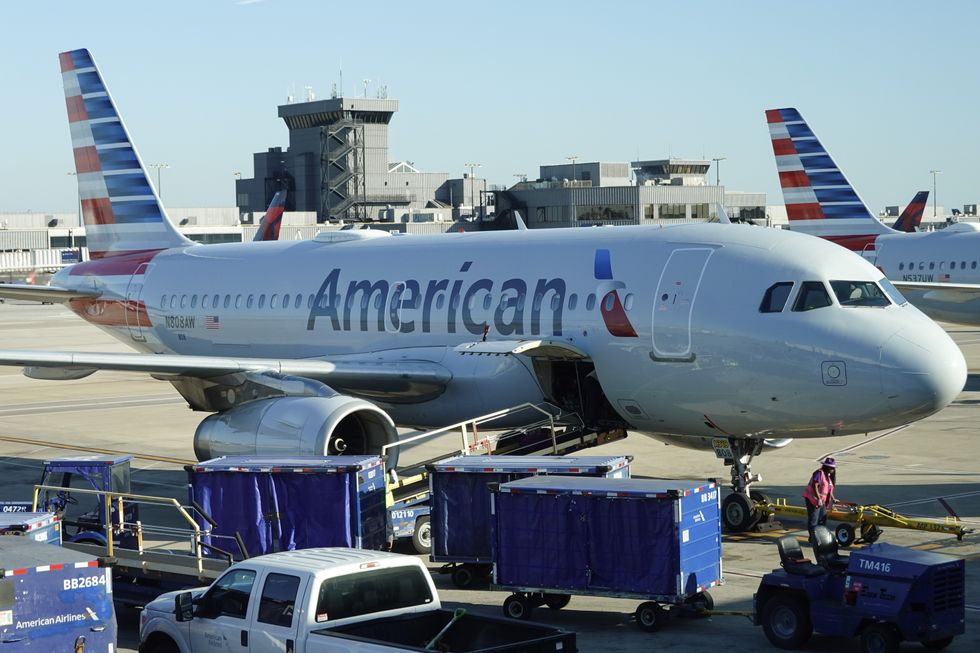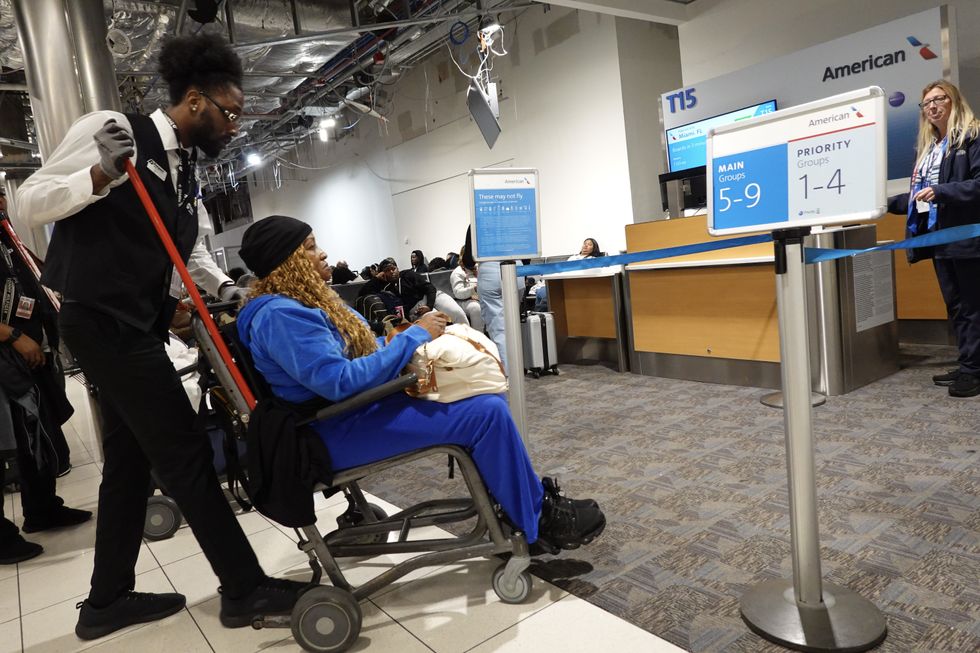Holly Bishop
Guest Reporter
Airport bosses are cracking down on passengers who attempt to board flights before their designated time, a practice known as "skip boarding".
These queue jumpers, dubbed 'gate lice' by industry insiders, have become an increasing irritant for airlines as travel demand soars to record levels.

The International Air Transport Association (IATA), representing 330 airlines worldwide, highlighted this growing problem at a recent event.
Nick Careen, IATA's head of operations and safety, explained: "It's a term used when you see people queueing in their own line and doing it on purpose. It's skipping the boarding process.

“When they get to the front it’s sometimes easier just to let them through rather than turn them away.”
Carriers are now fighting back against the "gate lice", with some implementing new technologies to maintain order at departure gates.
American Airlines is leading the charge against queue jumpers with a new trial technology.
Being tested at Albuquerque, Tucson and Washington National airports, the system sounds a loud alarm when passengers attempt to board before their turn.
MORE LIKE THIS:
The offending customer is then sent back to await their proper boarding slot.
This crackdown aims to protect priority boarding models, which allow premium customers, frequent fliers or those paying extra to board first.
Queue jumping also disrupts the boarding process for economy class passengers and can make it difficult for disabled travellers with mobility issues to board safely.
The problem of queue jumping is partly a result of the airline industry's own policies.

Twenty years ago, airlines began charging fees for checked luggage, leading to a surge in carry-on bags.
This trend has created a shortage of overhead locker space, with late boarders often finding their belongings moved to the hold.
Careen noted that sometimes it's easier for staff to let queue jumpers through rather than turn them away, further complicating the issue.
Find Out More...
These queue jumpers, dubbed 'gate lice' by industry insiders, have become an increasing irritant for airlines as travel demand soars to record levels.

The International Air Transport Association (IATA), representing 330 airlines worldwide, highlighted this growing problem at a recent event.
Nick Careen, IATA's head of operations and safety, explained: "It's a term used when you see people queueing in their own line and doing it on purpose. It's skipping the boarding process.

“When they get to the front it’s sometimes easier just to let them through rather than turn them away.”
Carriers are now fighting back against the "gate lice", with some implementing new technologies to maintain order at departure gates.
American Airlines is leading the charge against queue jumpers with a new trial technology.
Being tested at Albuquerque, Tucson and Washington National airports, the system sounds a loud alarm when passengers attempt to board before their turn.
MORE LIKE THIS:
- EasyJet threatened to 'terminate' passenger's boarding pass if he didn't pay excess luggage fee
- Drunken finance worker on champagne binge avoids jail after abusing staff and passengers on board Gatwick flight
- Ryanair passengers 'unable to breathe' after major issue sparks emergency mid-flight
The offending customer is then sent back to await their proper boarding slot.
This crackdown aims to protect priority boarding models, which allow premium customers, frequent fliers or those paying extra to board first.
Queue jumping also disrupts the boarding process for economy class passengers and can make it difficult for disabled travellers with mobility issues to board safely.
The problem of queue jumping is partly a result of the airline industry's own policies.

Twenty years ago, airlines began charging fees for checked luggage, leading to a surge in carry-on bags.
This trend has created a shortage of overhead locker space, with late boarders often finding their belongings moved to the hold.
Careen noted that sometimes it's easier for staff to let queue jumpers through rather than turn them away, further complicating the issue.
Find Out More...
